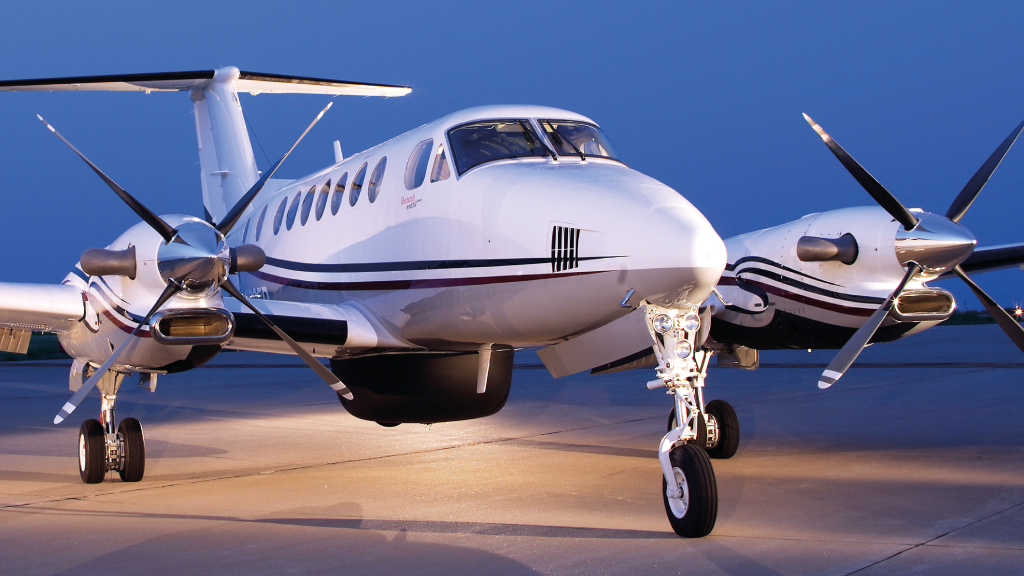
When considering the purchase of an aircraft, one of the key questions is which type holds its value better over time: single-engine or turboprop? Both types of aircraft offer unique benefits, and their value retention depends on several factors, such as demand, condition, and the type of flying they are used for. In this article, we’ll compare single-engine and turboprop aircraft, exploring their respective advantages and how their market value stands up in the long run.
Single-Engine Aircraft: Overview and Value Retention
Single-engine aircraft are often the first choice for private pilots due to their affordability, simplicity, and ease of operation. These aircraft are generally less expensive to maintain and operate, making them appealing for personal flying, flight training, and recreational use.
Advantages of Single-Engine Aircraft:
-
Lower Initial Purchase Price:
Single-engine aircraft tend to have a lower upfront cost compared to turboprops. This makes them accessible to a wider range of buyers, especially private owners and flight schools. -
Lower Operating Costs:
Maintenance and fuel costs for single-engine aircraft are typically less than those for turboprops, which can contribute to more affordable long-term ownership. -
Popularity and Demand:
Many single-engine aircraft, such as the Cessna 172 or Piper Cherokee, are staples in the general aviation industry. Their popularity among flight schools, private owners, and recreational pilots keeps demand high, which can help maintain value over time.
Challenges for Single-Engine Aircraft:
-
Depreciation:
Like many aircraft, single-engine models tend to depreciate at a faster rate, especially older models with high flight hours. Their resale value can drop significantly as they age, though this can be mitigated by regular maintenance and low usage. -
Limited Versatility:
Single-engine aircraft are typically not suited for long-range flights or carrying heavy payloads, which limits their market appeal compared to more versatile aircraft like turboprops.
Market Value Over Time:
While single-engine aircraft may depreciate more quickly in the first few years, their widespread use and lower maintenance costs help maintain value, especially for popular models. If well-maintained, these aircraft can retain decent resale value over the years, but their depreciation is generally steeper compared to turboprops.
Turboprop Aircraft: Overview and Value Retention
Turboprop aircraft combine the efficiency of a jet engine with the fuel economy of a piston engine, offering better performance for longer flights, higher payloads, and higher altitudes. They are commonly used for both private and commercial purposes, including regional airlines and cargo operations.
Advantages of Turboprop Aircraft:
-
Better Performance and Range:
Turboprops are typically better suited for longer flights and higher altitudes. With more powerful engines, they can carry heavier loads and travel longer distances, making them ideal for business and commercial use. -
Higher Payload Capacity:
Due to their more powerful engines, turboprops can handle larger payloads, including passengers, cargo, or equipment, which makes them more versatile for different missions. -
Stable Demand in the Commercial Market:
Turboprop aircraft are often used by regional airlines, air cargo operators, and government agencies, which can create more consistent demand. This demand can contribute to better value retention, as these aircraft have multiple market applications beyond private ownership. -
Better Value Retention:
Due to their more robust design, turboprops tend to hold their value better than single-engine aircraft over time. The higher initial purchase price may be offset by the aircraft’s longevity and versatile usage.
Challenges for Turboprop Aircraft:
-
Higher Initial Purchase and Maintenance Costs:
Turboprops typically come with a higher price tag than single-engine aircraft. Maintenance can also be more expensive due to the complexity of the engines and the additional components required. -
More Specialized Market:
While turboprops have higher value retention, they cater to a more niche market. Buyers often need specific missions, such as regional flights, cargo transportation, or private business use. This can limit the pool of buyers compared to more common single-engine aircraft.
Market Value Over Time:
Turboprops generally have slower depreciation rates compared to single-engine aircraft. This is partly due to their superior performance, longer operational lifespans, and steady demand in both the private and commercial aviation sectors. Their resale value can remain strong, especially for well-maintained models with low flight hours.
Which Holds Value Better: Single-Engine or Turboprop?
When it comes to value retention, turboprop aircraft generally hold their value better over time compared to single-engine aircraft. Several factors contribute to this trend:
-
Longer Lifespan: Turboprop aircraft are built to last longer, with more durable engines and systems, leading to slower depreciation over time.
-
Versatility and Demand: Turboprops have more versatility in terms of performance and payload capacity, making them appealing to a broader market of private owners, businesses, and commercial operators.
-
Maintenance and Condition: While turboprops require more maintenance and have higher operational costs, their overall value is protected by steady demand in the commercial aviation industry. Single-engine aircraft, while cheaper to maintain, often experience higher depreciation due to their limited use cases.
-
Initial Investment: Though turboprops have a higher upfront cost, their ability to retain value can make them a better long-term investment, especially for buyers who plan to use the aircraft for business or commercial purposes.
Conclusion
Both single-engine and turboprop aircraft offer distinct advantages depending on your needs. Single-engine aircraft are ideal for private owners and recreational pilots, offering lower costs and simpler operations, but they tend to depreciate faster than turboprops. On the other hand, turboprops provide better performance, versatility, and value retention, especially for buyers in need of longer-range capabilities and higher payloads.
For those seeking long-term value retention and the ability to handle diverse missions, a turboprop is likely the better choice. However, for pilots on a budget or those primarily flying for leisure, a single-engine aircraft may be more practical.
Ultimately, when choosing between a single-engine and a turboprop aircraft, consider your flying needs, budget, and how you plan to use the aircraft over the coming years. By weighing these factors, you can make an informed decision that aligns with your aviation goals.
